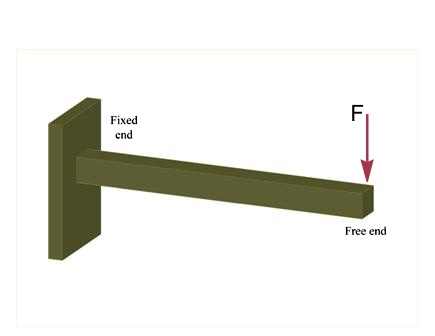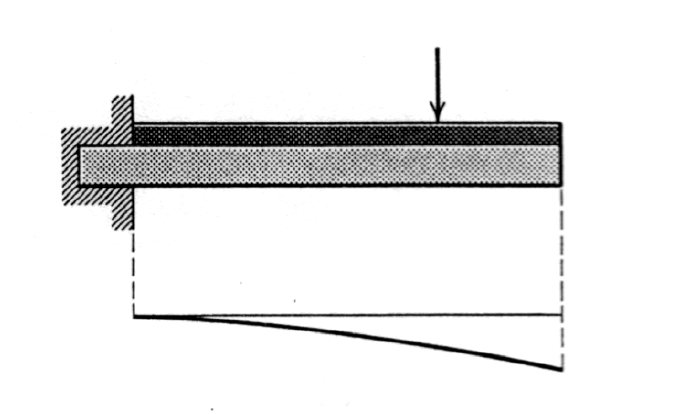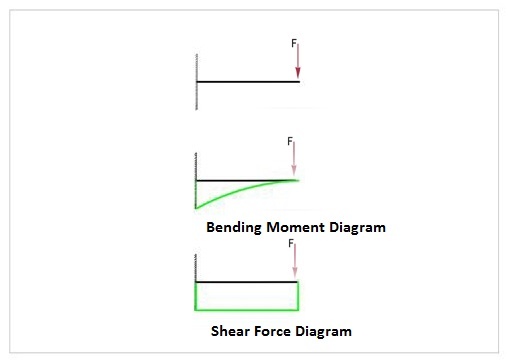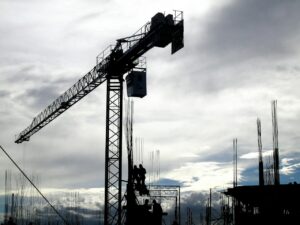Cantilever beams are an essential component in construction, engineering and design projects. They are structures supported on only one end while the other end is free, making them perfect for supporting weight in areas where a projecting beam is needed. In this article, we will take a step-by-step approach to designing, installing and maintaining cantilever beams.
What is Cantilever Beam?

A cantilever beam is a structural member supported at one end while the other end is free. This distinctive design allows for overhanging structures without the need for additional supports. It is commonly used in construction, engineering and design projects where a projecting beam is needed to support weight.
Deflection diagram of Cantilever Beam

Bending Moment and Shear Force Diagram
Bending Moment is the algebraic sum of moments about the centroidal axis of any selected section of all the loads acting up to that particular section.
On the other hand, Shear Force is the sum total of all the vertical forces acting on a particular section of the beam.

Cantilever Beam Bending Moment formula:
The formula for calculating the maximum bending moment in a cantilever beam is given by:
M = wL²/8
where:
M = Maximum bending moment (Nm or lb-ft),
w = Total load (N or lb),
& L = Length of the cantilever beam (m or ft)
This formula assumes that the load is evenly distributed along the length of the beam. In practice, the load may not be evenly distributed, and other factors such as the moment of inertia, the modulus of elasticity, and the shape of the cross-section of the beam may also need to be taken into account. To accurately calculate the maximum bending moment in a cantilever beam, it is best to consult with an engineer or use specialized engineering software.
Application of Cantilever Beam:
Cantilever beams are widely used in a variety of applications due to their versatility and ability to support weight. Some common applications of cantilever beams include:
1. Architectural Structures:
Cantilever beams are extensively used in architecture to create visually striking structures. Balconies, canopies, and building extensions often leverage the cantilever design to provide functional and aesthetic features without the need for additional supports.
2. Diving Boards and Platforms:
Swimming pools and recreational facilities utilize cantilever beams for diving boards and platforms.
3. Cranes and Jib Arms:
Cantilever beams are commonly used in the design of cranes and jib arms. The overhanging structure allows for efficient lifting and maneuvering of heavy loads.
4. Overhead signs:
Large signs and billboards are often supported by cantilever beams, which allow the sign to project out from a building or structure and be visible from a distance.
5. Aerospace Industry:
Aircraft wings often incorporate cantilever designs.
6. Storage shelves:
Cantilever beams are commonly used in the construction of storage shelves, which can support heavy loads without the need for additional supports in the middle.
You May Also Like to Read:
- Different types of Beam and its classification
- Lintel Beam – Definition, Various Types, Materials used.
FAQs on Cantilever Beam
Last words:
I hope you got complete information about the Cantilever Beam in this article.
If you found this article helpful, share it with your friends.
Leave a comment if I missed anything.
Happy Learning!!








